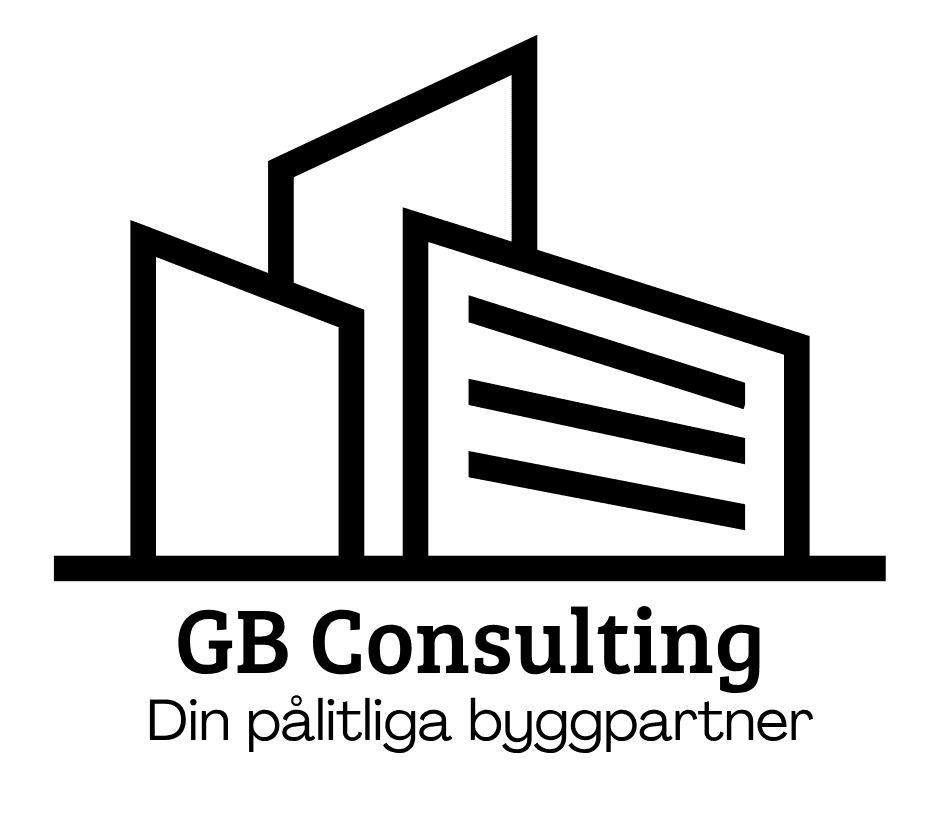Expert Advice: Common Mistakes in Business Consulting and How to Avoid Them
Understanding the Role of a Business Consultant
Business consulting is a critical element in helping organizations navigate through challenges and seize opportunities. However, the process is not without its pitfalls. Understanding the common mistakes made by consultants can significantly enhance the effectiveness of any consulting engagement. Recognizing these errors and implementing strategies to avoid them can lead to more successful outcomes for both consultants and their clients.

Mistake 1: Lack of Clear Objectives
One of the most common mistakes in business consulting is beginning a project without clearly defined objectives. This oversight often leads to confusion, misaligned expectations, and wasted resources. To avoid this, consultants should engage in thorough discussions with their clients to establish specific, measurable, achievable, relevant, and time-bound (SMART) goals. This ensures that all parties are on the same page and working towards a common purpose.
Mistake 2: Overlooking Organizational Culture
Another frequent error is neglecting the importance of organizational culture. Each company has its unique set of values, beliefs, and practices that influence how business is conducted. Consultants who fail to consider these cultural aspects may propose solutions that are impractical or unwelcome. To mitigate this risk, consultants should take time to understand the client's culture and tailor their recommendations accordingly.

Mistake 3: Insufficient Communication
Effective communication is vital in any consulting engagement, yet it is often overlooked. Poor communication can result in misunderstandings, missed deadlines, and unsatisfactory outcomes. Consultants should prioritize clear and consistent communication with their clients, providing regular updates and seeking feedback to ensure alignment and address any concerns promptly.
Mistake 4: Ignoring Stakeholder Involvement
Failing to involve key stakeholders in the consulting process can lead to resistance and hinder implementation efforts. It's essential for consultants to identify and engage stakeholders early in the project. This not only facilitates buy-in but also leverages diverse perspectives that can enhance decision-making and solution development.

Mistake 5: Focusing Solely on Short-Term Solutions
While addressing immediate issues is important, consultants should avoid focusing exclusively on short-term solutions. Sustainable success requires a balance between quick wins and long-term strategies. Consultants should work with clients to develop comprehensive plans that address both immediate needs and future growth opportunities.
Conclusion: Striving for Excellence in Consulting
Avoiding these common mistakes in business consulting can greatly improve the effectiveness of a consultant's work. By focusing on clear objectives, understanding organizational culture, maintaining open communication, involving stakeholders, and balancing short-term solutions with long-term strategies, consultants can deliver valuable insights and drive meaningful change. Ultimately, striving for excellence in consulting not only benefits clients but also enhances the consultant's reputation and success.
